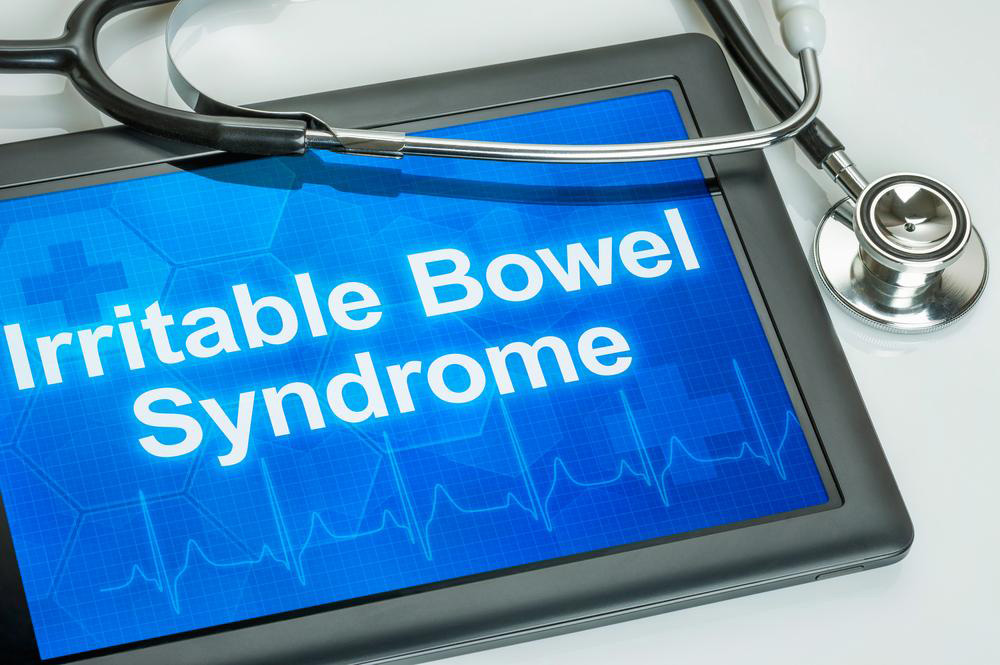Effective Strategies for Managing Irritable Bowel Syndrome
Discover comprehensive approaches to manage irritable bowel syndrome effectively. This guide covers symptom tracking, dietary and lifestyle changes, diagnostic tests, and medication options tailored to individual needs. Collaboration with healthcare professionals ensures personalized treatment, helping patients regain comfort and quality of life from IBS symptoms.
Sponsored

Irritable bowel syndrome (IBS) is a common gastrointestinal condition characterized by abdominal discomfort, bloating, cramping, and irregular bowel movements, including constipation or diarrhea. Though a chronic condition, IBS does not lead to severe diseases like inflammatory bowel disease or cancer. Diagnosis involves ruling out other medical issues through various tests, as the precise cause remains unknown. Possible factors include heightened nerve sensitivity in the gut, abnormal muscle contractions, ongoing inflammation, and psychological influences.
Tailoring treatment depends on symptoms severity, type, and how much it affects daily life. No single medication works for all patients, so collaborative efforts with a healthcare professional are essential. Lifestyle modifications play a vital role in symptom control; tracking your symptoms, diet, and activities over time can help identify triggers and improve management.
Identify your key symptoms and their impact
Monitor symptom patterns over weeks
Avoid known food triggers such as spicy foods, caffeine, and processed snacks
To alleviate IBS symptoms, consider the following tips:
Limit caffeine, alcohol, and fatty foods
Reduce dairy, fruits, and artificial sweeteners if diarrhea is predominant
Increase dietary fiber through fruits, vegetables, and legumes to ease constipation and reduce discomfort
Avoid beans, raw cabbage, broccoli, and cauliflower to minimize bloating
Engage in regular exercise to boost energy, improve sleep, and enhance emotional well-being
Stop smoking
Use prescribed medications for diarrhea, constipation, or cramps as advised
Manage stress levels effectively
Diagnostic Procedures for IBS
Diagnosis revolves around symptom assessment and ruling out other conditions. Common tests include:
Medical history review
Physical exam
Blood tests for celiac disease
Complete blood count (CBC)
Inflammation markers such as sedimentation rate
Stool analysis
Additional tests like thyroid function tests or colonoscopy when necessary
Medications for IBS Management
Depending on symptoms, different medicines may be used:
Antidiarrheal drugs such as loperamide and diphenoxylate
Bile acid binders like cholestyramine
Rifaximin (Xifaxan) for diarrhea and bloating, typically for 14 days
Alosetron, prescribed for women with severe diarrhea, with strict medical oversight due to potential risks
Constipation Relief Options
Various over-the-counter remedies are available, but consulting a doctor before use is recommended. Common options include:
Osmotic laxatives like Milk of Magnesia and lactulose
Polyethylene glycol (e.g., MiraLax)
Stimulant laxatives such as Senokot
Medications like Linaclotide (Linzess) and Lubiprostone (Amitiza)
If symptoms persist despite primary care management, consulting a gastroenterologist or mental health professional may be beneficial, especially if stress triggers symptoms.






